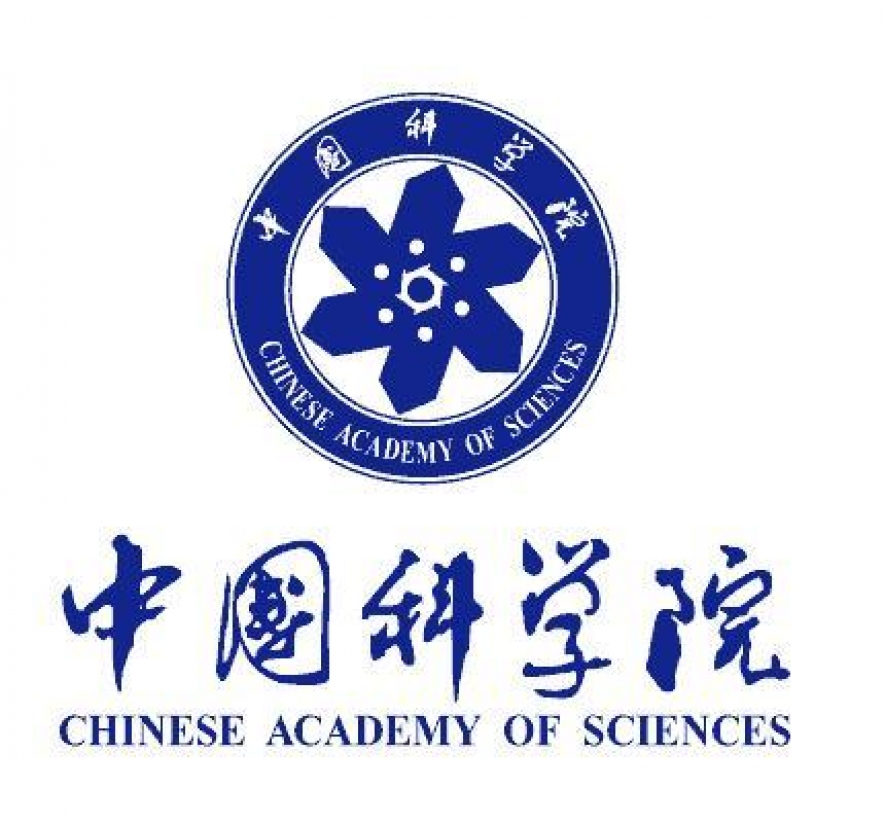The signing of the MoU will coincide with the official visit of Xi Jinping, President of the People's Republic of China to Sri Lanka. Prof. Wu Yueliang, Executive Vice-President of University of Chinese Academy of Science (UCAS) would be officially visiting the University of Sri Jayewardenepura (USJP) as an official from the accompanying delegation of Chinese President Xi Jinping, in lieu of a "China-Sri Lanka Joint Center for the Maritime Silk Road".
Director, World Class University Project (WCUP-2014) Prof Ranil De Silva of the USJP said the signing of the MoU would be headed by Prof Yueliang and the Vice Chancellor of the USJP. An official representative from the Chinese Embassy in Colombo and himself in his capacity as the Director, WCUP-2014, would act as the witnesses on behalf of UCAS and USJP respectively, Prof De Silva said.
He said that this unique achievement would be a project subsequent to the first MoU signed between USJP and UCAS on the Jan 23, this year providing an opening towards the UCAS President’s Post-Graduate Scholarships Programme for students at USJP to pursue PhD degrees at the UCAS, the University of Science and Technology of China and Institutes of the UCAS around China.
Prof De Silva said that the UCAS was mandated as the key force of China’s scientific research system, undertaking missions of defining scientific research orientations, by training and allocating professionals and outlining strategies for future scientific and technological development. Today the UCAS has 12 branch offices, 117 institutes, more than 100 national key laboratories and national engineering research centers, and about 1,000 field stations throughout the China while jointly affiliating with more than 92 research institutions with their foreign counterparts to strengthen partnerships with Europe, America, Japan, Russia and Australia, and promoting exchanges and cooperation with developing countries.
The UCAS is currently considered as the highest academic institution in natural sciences, involving a supreme scientific and technological advisory body and comprehensive research and development center in natural sciences. Through the facilitation of high-technology industries, in 2008, the sales of the UCAS spin-off companies reached 171.57 billion RMB Yuan, Prof De Silva added. (Special Reporter/HC)




















